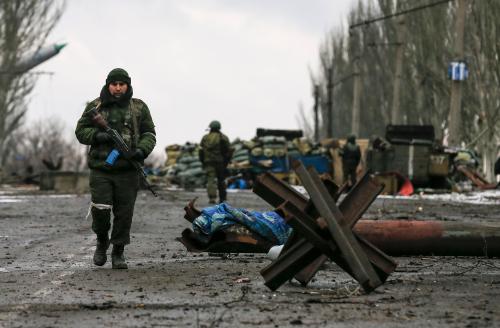

2:30 pm EST - 4:00 pm EST
Past Event
2:30 pm - 4:00 pm EST
1775 Massachusetts Avenue NW
Washington, DC
20036
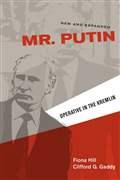 With recent events in Ukraine and beyond, many policymakers and foreign policy analysts are asking what motivates Russian President Vladimir Putin. What shapes his policy decisions and how he views the outside world? Most importantly, officials in Washington and European capitals are left asking what Putin wants and how far is he willing to go. The great lesson of the outbreak of World War I in 1914 was the danger of misreading the statements, actions, and intentions of the adversary. Today, Vladimir Putin has become the greatest challenge to European security and the global world order in decades. Russia’s 8,000 nuclear weapons underscore the huge risks of not understanding who Putin is and what his aspirations are for himself and the people of Russia.
With recent events in Ukraine and beyond, many policymakers and foreign policy analysts are asking what motivates Russian President Vladimir Putin. What shapes his policy decisions and how he views the outside world? Most importantly, officials in Washington and European capitals are left asking what Putin wants and how far is he willing to go. The great lesson of the outbreak of World War I in 1914 was the danger of misreading the statements, actions, and intentions of the adversary. Today, Vladimir Putin has become the greatest challenge to European security and the global world order in decades. Russia’s 8,000 nuclear weapons underscore the huge risks of not understanding who Putin is and what his aspirations are for himself and the people of Russia.
On February 18, the Center on the United States and Europe at Brookings hosted a discussion with Fiona Hill and Clifford G. Gaddy, authors of the new and expanded edition of Mr. Putin: Operative in the Kremlin. The authors explored Putin’s motivations and methods and dispelled potentially dangerous misconceptions about Putin.
Thomas Wright, fellow and director of the Brookings Project on International Order and Strategy provided introductory remarks. Jill Dougherty, public policy scholar at the Woodrow Wilson International Center for Scholars, moderated the discussion.
Related Content

Tim Boersma
February 4, 2015
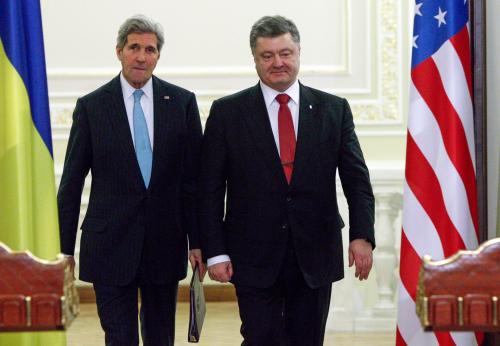
Steven Pifer, Strobe Talbott
February 5, 2015
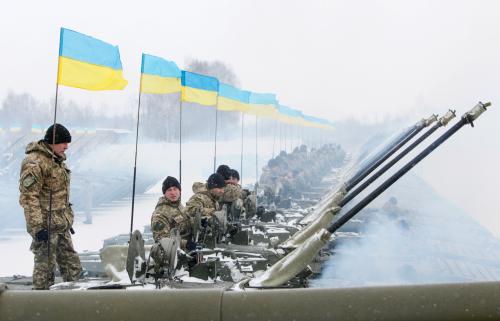
Jeremy Shapiro
February 3, 2015
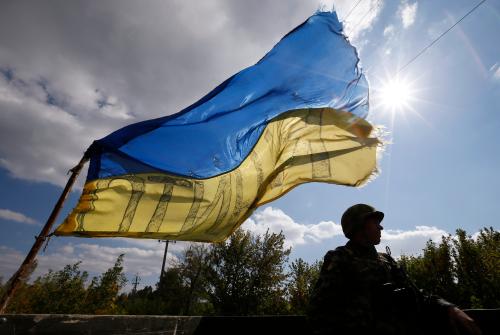
Ambassador Ivo Daalder, Michèle Flournoy, John Herbst, Jan Lodal, Admiral James Stavridis, General Charles Wald, Steven Pifer, Strobe Talbott
February 1, 2015
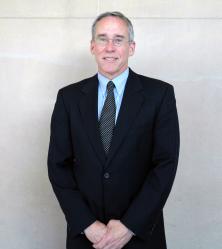

Constanze Stelzenmüller, Fred Dews
May 3, 2024
2024
The Brookings Institution, Washington DC
10:30 am - 11:30 am EDT

Melanie W. Sisson
May 1, 2024